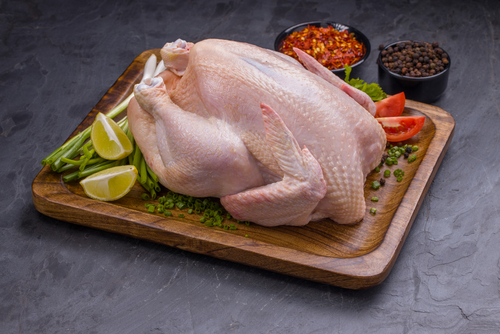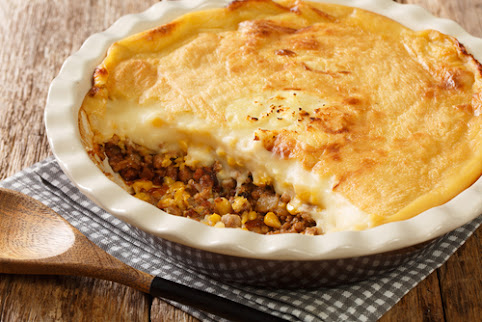Everything you need to know about marinated meat
For a lot of home
cooks, marinating meat is quite straightforward. What is ideally done is that
the marinated meat
do used in some sort of flavouring fluid, kept in the refrigerator
overnight and then cooked. Though it might work in most cases, if you want real
chefs’ secret of making a juicy, tender and full of flavours then here are some
ways to ensure that you are marinating in the right way.
Give a thought about the different types of marinade that can be used for your meat. There are several types of marinades including acidic, enzymatic, dairy, wet and dry marinades. Evaluate your type of meat and find out the type of marinating that will suit your meat. If it seems way too confusing or you then you can pick from three most popular types of ingredients in which marinades fall: acids, aromatics, and oils. Don’t rush and decide quickly because the marinade’s flavour evolves as it cooks. Don’t expect the marinade to penetrate much because marinating is a surface treatment and the flavours won’t go further than a few millimetres into the meat. This is why marinades are better for lean proteins like flank steak, chicken breast, and shrimp.
If you think that longer means better, you are probably mistaken because marinating or longer hours doesn’t change the shallow depth of the penetration of marinades. The duration may vary from 24 hours for very large pieces of meat like the leg of lamb, turkey, and brisket to 2 hours for small pieces so meat like fish fillets, boneless chicken breast, and shrimps.
Make sure you are always marinating the meat in a refrigerator in ceramic, glass, plastic or stainless steel utensils because utensils like cast-iron and aluminium can cause off-flavours in the food.
Give a thought about the different types of marinade that can be used for your meat. There are several types of marinades including acidic, enzymatic, dairy, wet and dry marinades. Evaluate your type of meat and find out the type of marinating that will suit your meat. If it seems way too confusing or you then you can pick from three most popular types of ingredients in which marinades fall: acids, aromatics, and oils. Don’t rush and decide quickly because the marinade’s flavour evolves as it cooks. Don’t expect the marinade to penetrate much because marinating is a surface treatment and the flavours won’t go further than a few millimetres into the meat. This is why marinades are better for lean proteins like flank steak, chicken breast, and shrimp.
If you think that longer means better, you are probably mistaken because marinating or longer hours doesn’t change the shallow depth of the penetration of marinades. The duration may vary from 24 hours for very large pieces of meat like the leg of lamb, turkey, and brisket to 2 hours for small pieces so meat like fish fillets, boneless chicken breast, and shrimps.
Make sure you are always marinating the meat in a refrigerator in ceramic, glass, plastic or stainless steel utensils because utensils like cast-iron and aluminium can cause off-flavours in the food.




Comments
Post a Comment